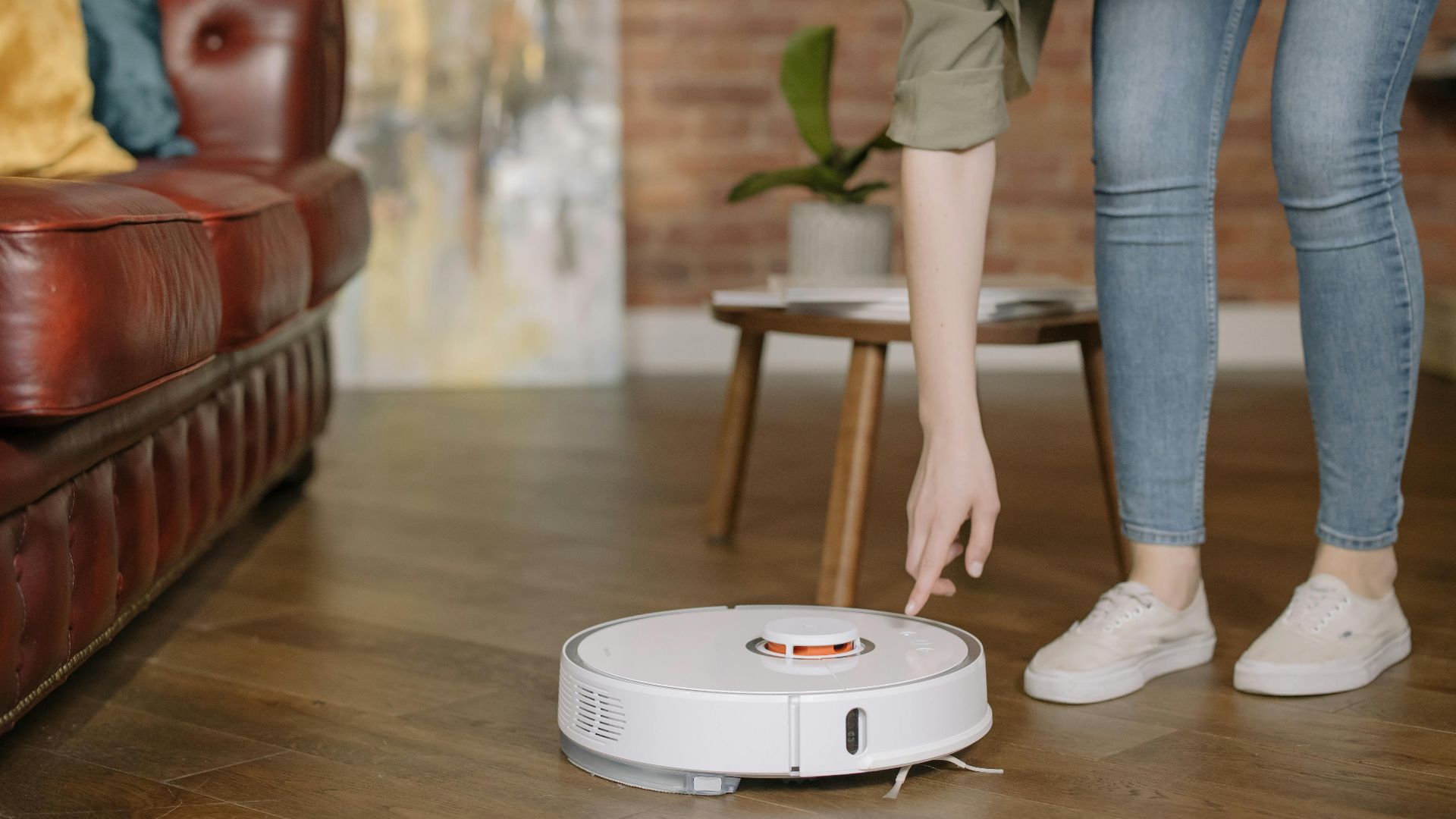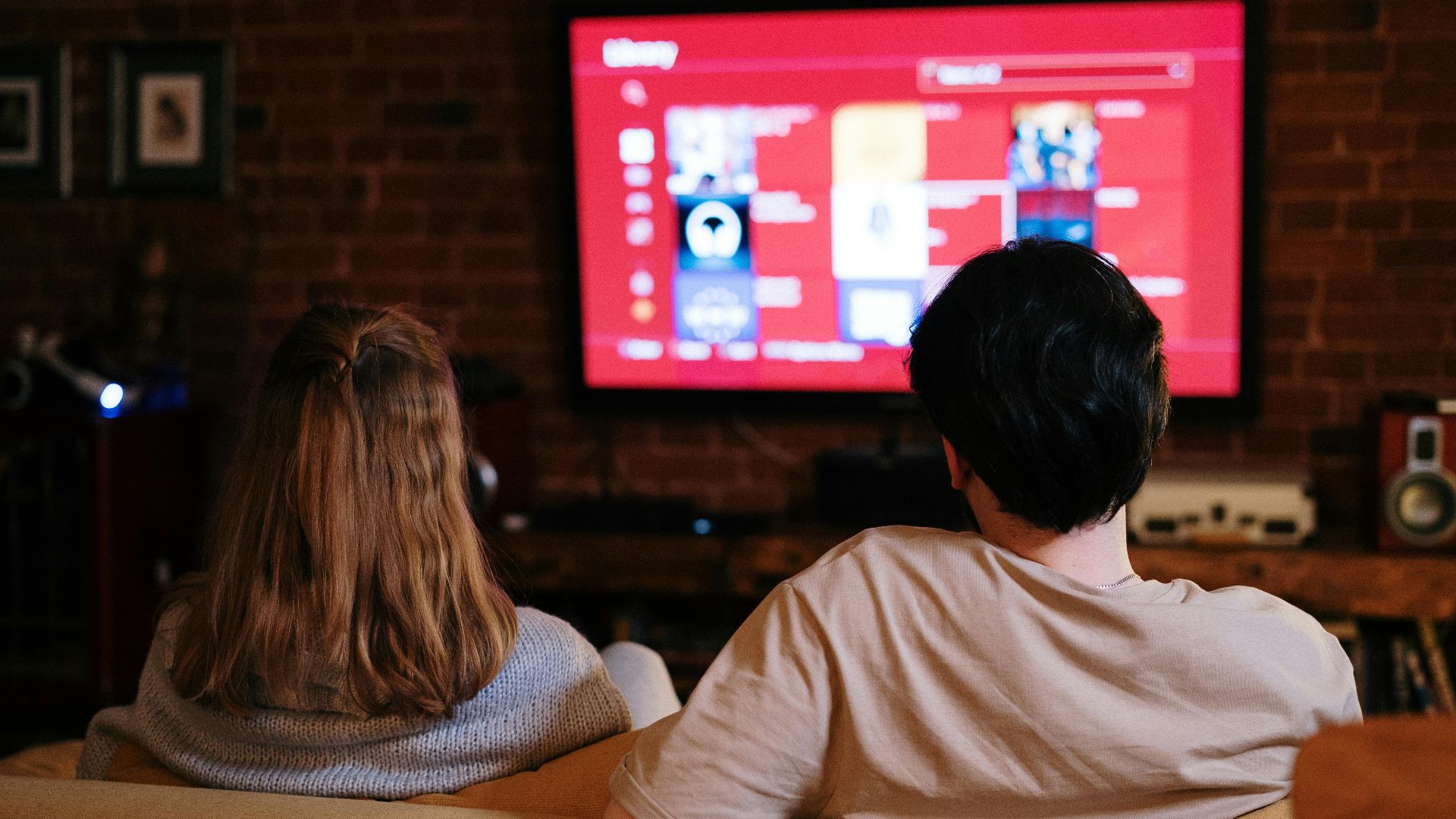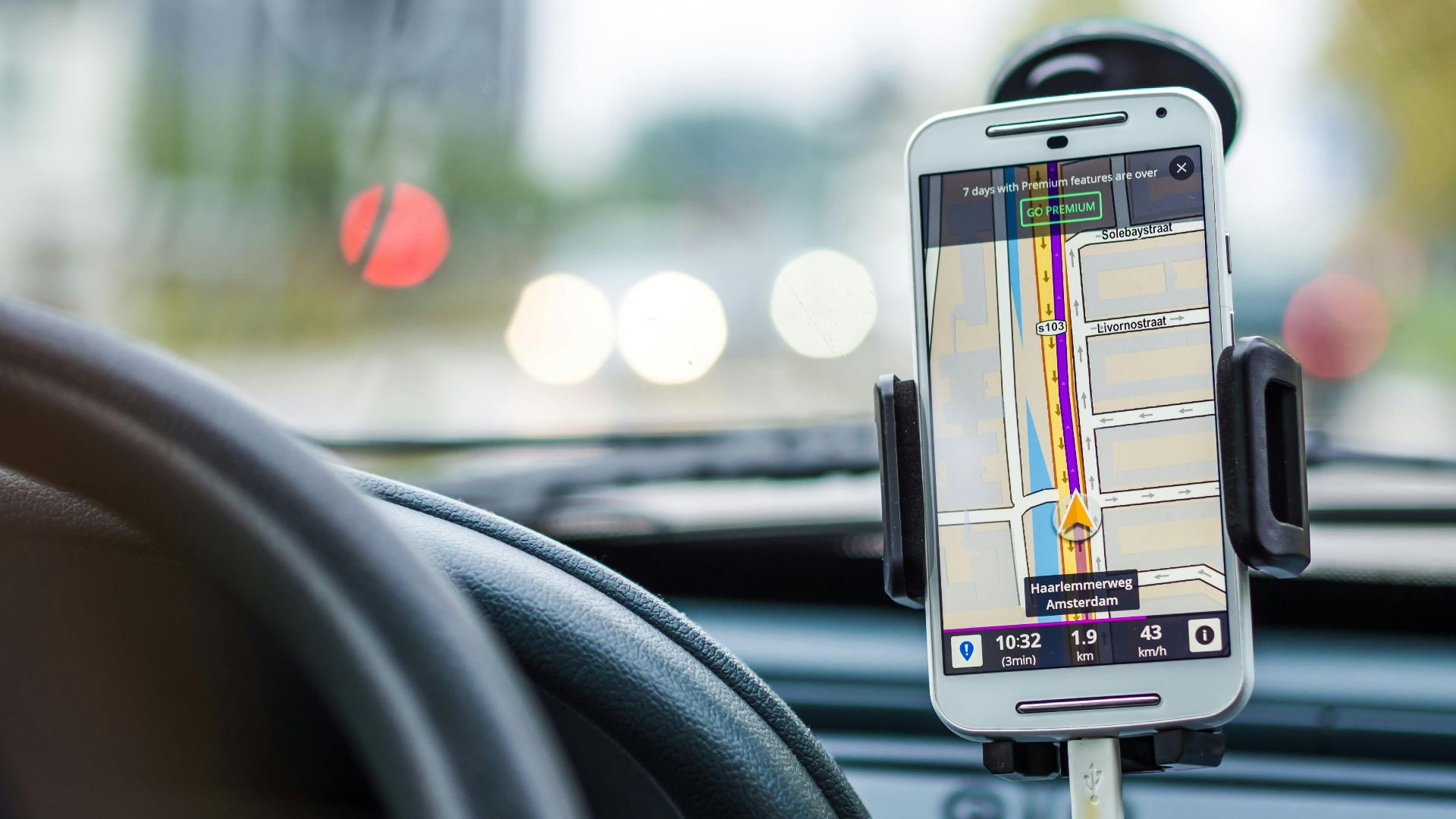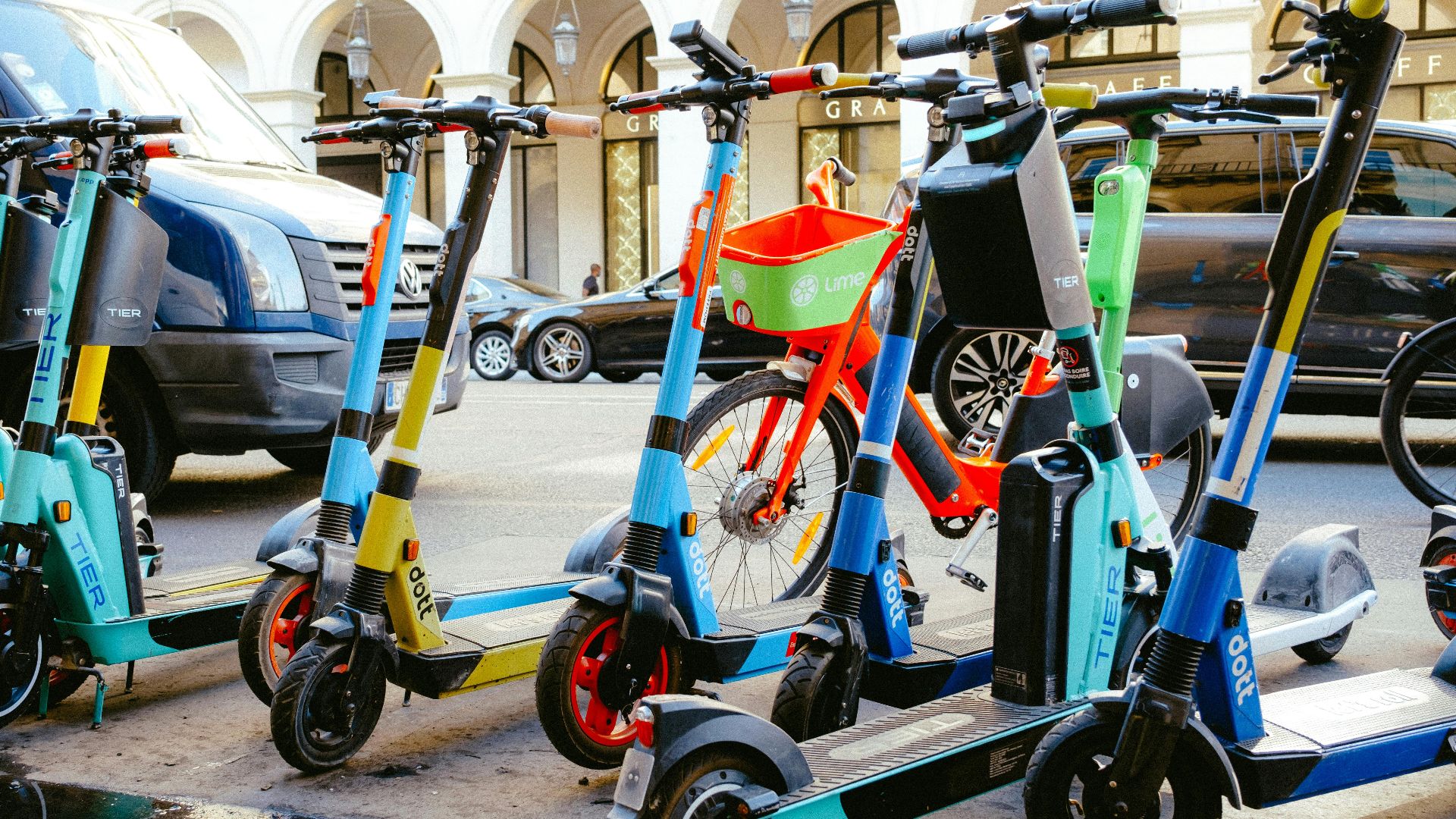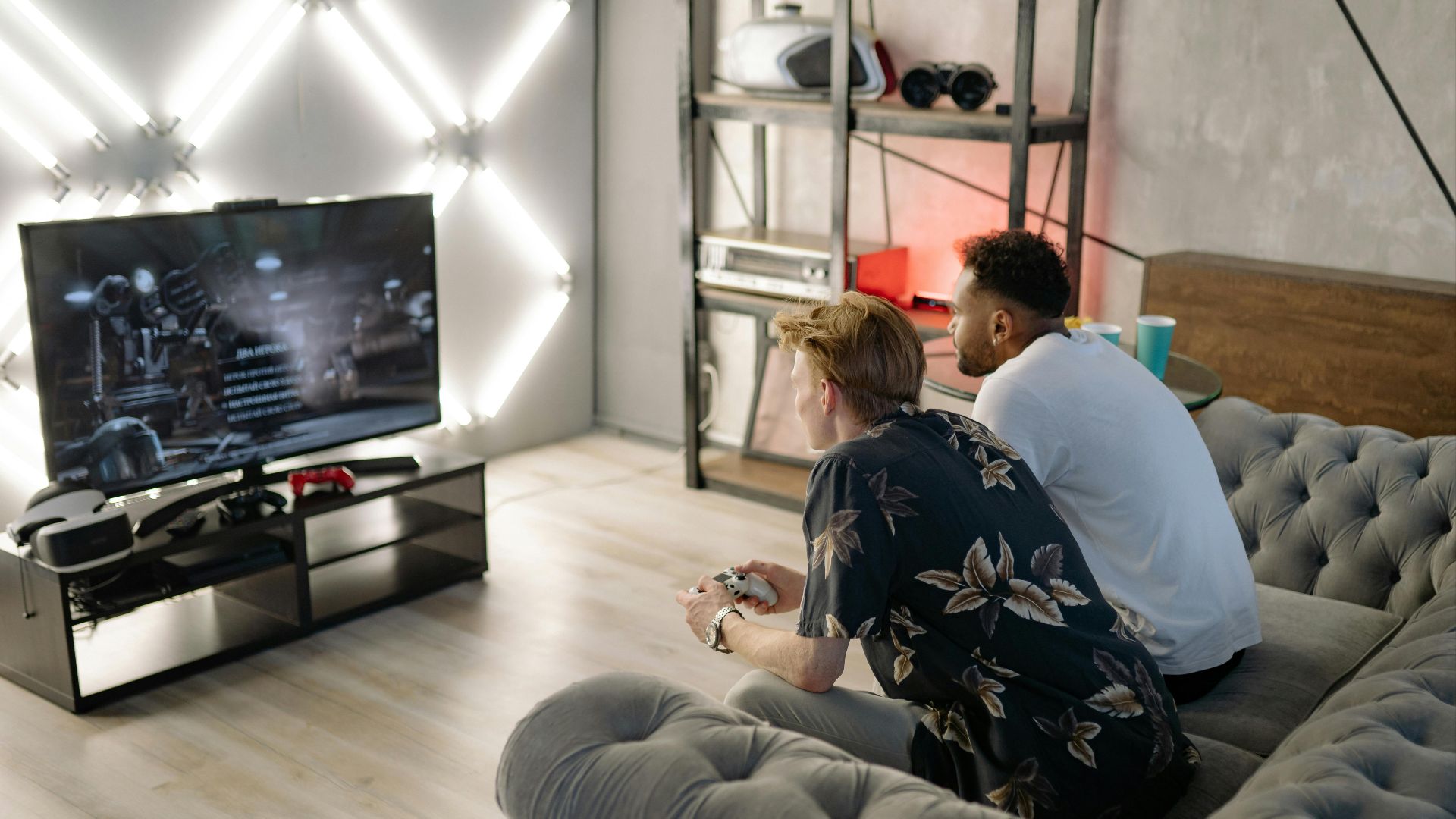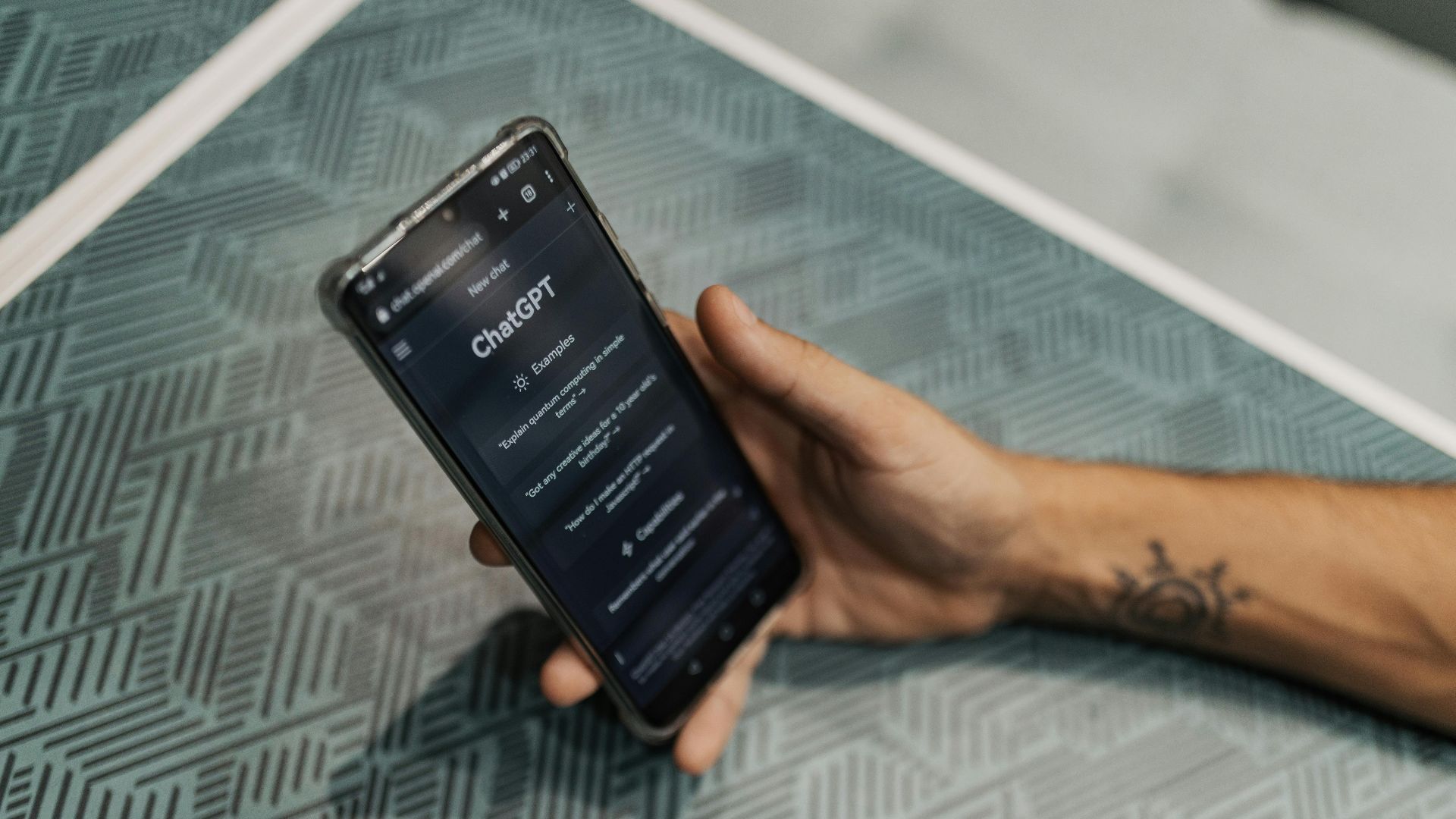Effort Replaced By Automation
From connecting people across continents to making work faster, technology has changed life in amazing ways. At the same time, it has a sneaky side that encourages shortcuts and makes daily tasks easier to skip. Phones and smart devices have quietly taken over routines that once required at least a modicum of effort—and we're all much lazier for it. Join us as we explore the ways modern gadgets are making us lazier by the day.
1. Ride-Hailing Apps Replacing Walking And Transit
Need to go somewhere? Just tap and wait. Ride-hailing apps made travel easy, yet they’ve also replaced the casual walks and quick sprints for buses that kept us moving. The phone does the planning, and our legs stay still a little longer each day.
2. Smart Homes That Do Every Chore For You
From adjusting lights to vacuuming floors, smart homes remove almost every small task from your hands. Each command you give takes away another moment of movement, slowly trading effort for ease while technology quietly runs your daily routine.
3. Online Shopping Ending Physical Store Visits
Scrolling through endless products has replaced weekend mall trips. With deliveries arriving faster than ever, errands require only a screen and a thumb. It’s efficient, sure, but those spontaneous strolls through aisles now belong to another era of effort.
4. Endless Streaming Encouraging Sedentary Binge Habits
The streaming platforms make it too simple to stay glued to the couch. When the next episode plays automatically, self-control fades. Hours slip by while the screen glows, and we sit motionless, hypnotized by entertainment that never asks us to move.
5. GPS Navigation Weakening Our Sense Of Direction
Once, exploring new routes sharpened our memory and intuition. Now, GPS guides every turn and leaves little need to think spatially. We follow the screen instead of our instincts by trusting algorithms over awareness. Over time, even familiar paths can feel strangely foreign without digital guidance.
6. Motorized Shopping Carts In Stores
People who can walk fine are now riding motorized carts through grocery stores just to avoid the effort. The accessibility tool has become a convenience vehicle for anyone who doesn't feel like pushing a cart. Walking through aisles is apparently too much work now.
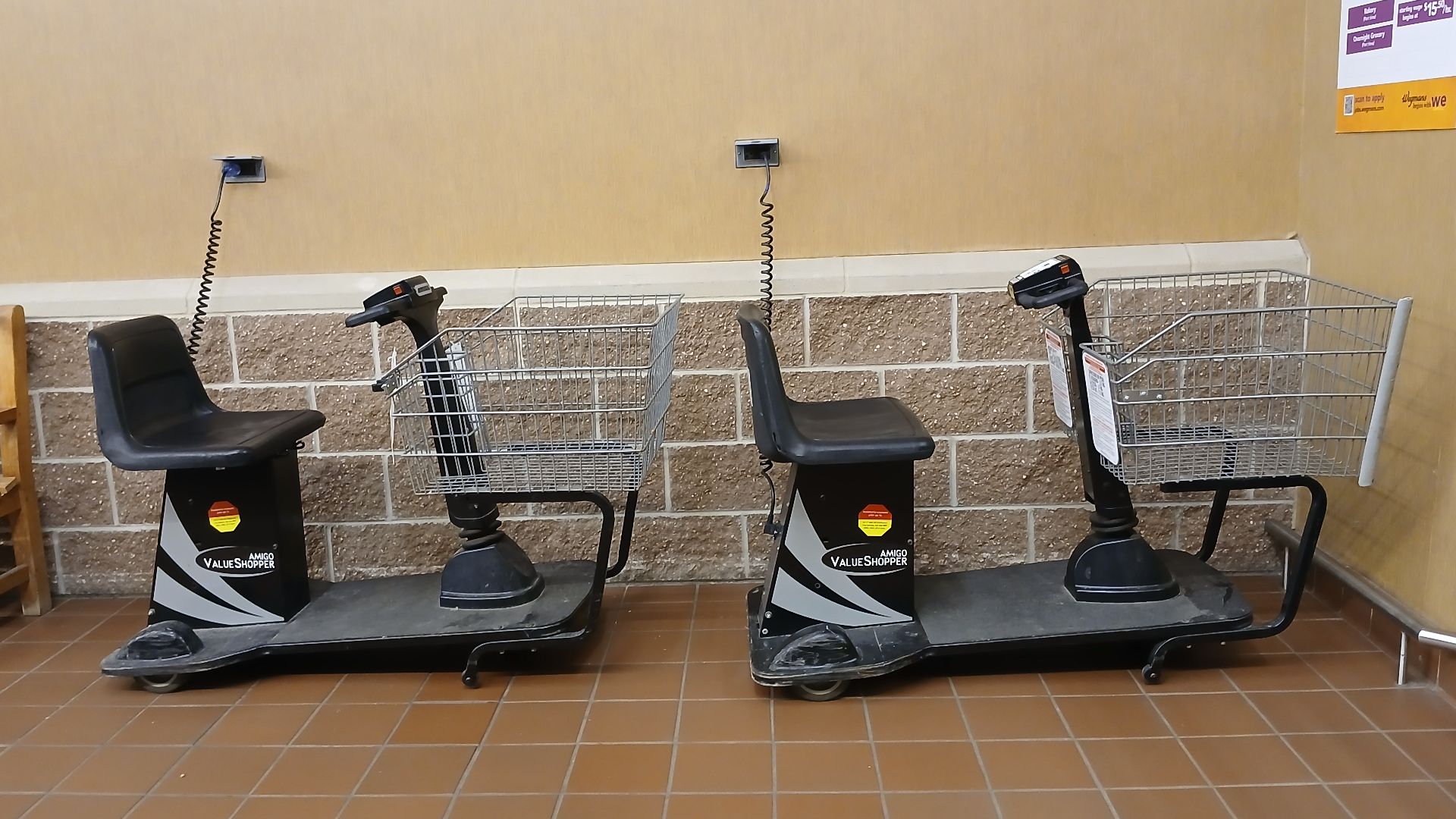 Ser Amantio di Nicolao on Wikimedia
Ser Amantio di Nicolao on Wikimedia
7. Remote Work Reducing Daily Physical Movement
Home offices bring comfort but shrink our range of movement. The walk to a car or office hallway becomes a few steps to the desk. Days pass between stretches, and the body learns stillness as a new routine. Efficiency comes, but so does physical inertia.
8. Social Media Replacing In-Person Human Interaction
Scrolling feels social, though we’re alone most of the time. Conversations have turned into comment threads, and gestures into emojis. The effort to meet and talk fades as quickly as messages fill the gap once held by genuine connection.
9. Electric Scooters For Two-Block Trips
Electric scooters litter sidewalks so people can avoid walking distances they could cover in three minutes. A quick stroll to the coffee shop now requires renting a ride. Cities are full of people zipping past on scooters for trips that barely qualify as exercise.
10. Food Delivery Making Cooking Effortless And Rare
Dinner takes a few taps now. Food delivery apps promise convenience but steal the ritual of chopping, tasting, and creating. Waiting for someone else to cook means we barely step into the kitchen anymore, except to grab the delivery bag.
11. Autocorrect Weakening Our Writing And Grammar Skills
Autocorrect simplifies communication at the expense of attention. By fixing words instantly, it reduces the need to think about structure or spelling. After years of use, the mind forgets familiar patterns, and accuracy shifts from personal skill to programmed assistance.
12. Algorithmic Newsfeeds Limiting Curiosity And Discovery
Algorithm-driven newsfeeds show us more of what we already like, but less of what we don’t know. Instead of exploring new ideas, we scroll through familiar content. Curiosity fades, and our world quietly shrinks—one personalized swipe at a time.
13. Smart Kitchen Gadgets That Kill Movement
Remote-controlled ovens and app-stirred drinks remove the need to move around your kitchen. Chopping and stirring become relics of old-school cooking. You tap buttons while sitting down instead of standing and engaging with your food. Less effort sounds great until you realize how little you're moving.
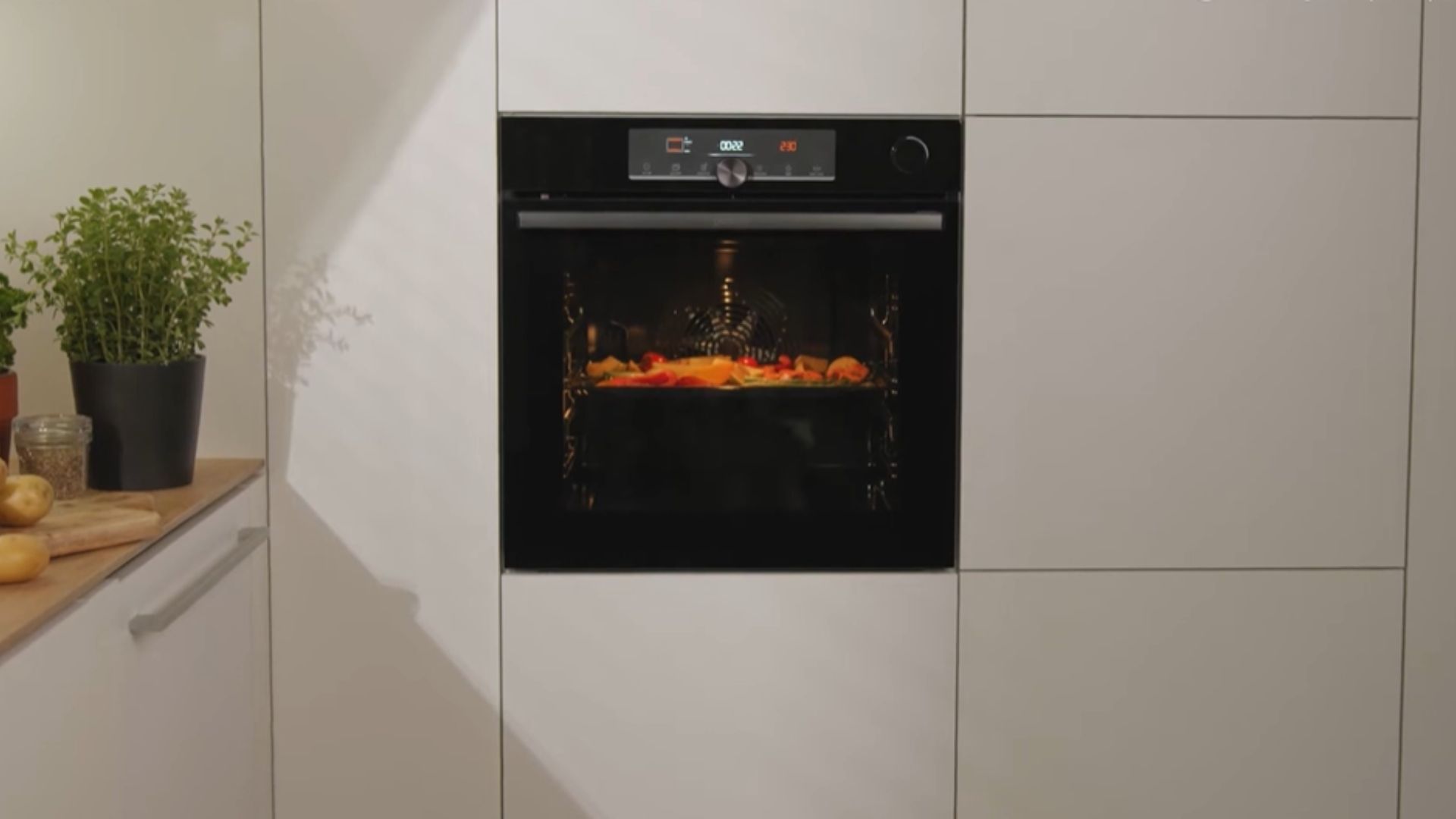 GORENJE • Oven • OptiBake • ConnectLife • Remote control by Gorenje Global
GORENJE • Oven • OptiBake • ConnectLife • Remote control by Gorenje Global
14. Auto-Scheduling Tools Dulling Our Planning Skills
Scheduling used to mean thinking through each task. Now, automatic reminders handle nearly everything. It’s efficient, though the tradeoff becomes clear—our ability to plan weakens, and days start to feel prearranged by programs instead of shaped by our own rhythm.
15. Online Learning Platforms Reducing Self-Discipline Practice
Learning from bed sounds ideal until motivation slips. Online platforms give flexibility, yet they remove structure. Without fixed schedules or classrooms, the drive to push through tough topics fades, which leaves lessons paused and progress half-finished.
16. Digital Gaming Replacing Outdoor And Group Activities
The thrill of gaming now fits inside a screen, pulling people indoors for hours. Online worlds offer teamwork, but real-world play slowly disappears. As we chase high scores and rewards, fresh air and face-to-face laughter fade into the background of glowing pixels.
17. Mini Fridge Desks That Stifle Movement
Work-from-bed setups now include mini fridges within arm's reach. Snacks and drinks require zero effort or movement. Even walking to the kitchen becomes optional. It's convenience taken too far, turning comfort into complete sedentary living.
 The Highest Reviewed Mini Fridge on Amazon by Beyond the Box
The Highest Reviewed Mini Fridge on Amazon by Beyond the Box
18. Recliner Tech That Encourages All-Day Lounging
Massage chairs, recliners with charging ports, and built-in screens turn rest into routine. What was once a break becomes a lifestyle. The more features added, the harder it is to get up—and the body pays the price for comfort.
19. AI Assistants Handling Research And Analytical Thinking
AI can fetch information, summarize research, and even provide suggestions instantly. It saves time, but our analytical muscles miss the workout. Rather than thinking through a problem step by step, answers arrive pre-chewed, and curiosity becomes passive while convenience takes the lead.
20. Voice-To-Text Tools Weakening Motor Coordination Habits
Talking instead of typing feels effortless, whether it’s texting or taking notes. Voice-to-text handles everything, often faster than fingers could move. While communication is smoother, typing and handwriting practice diminish, and fine motor skills quietly lose their daily workout.




